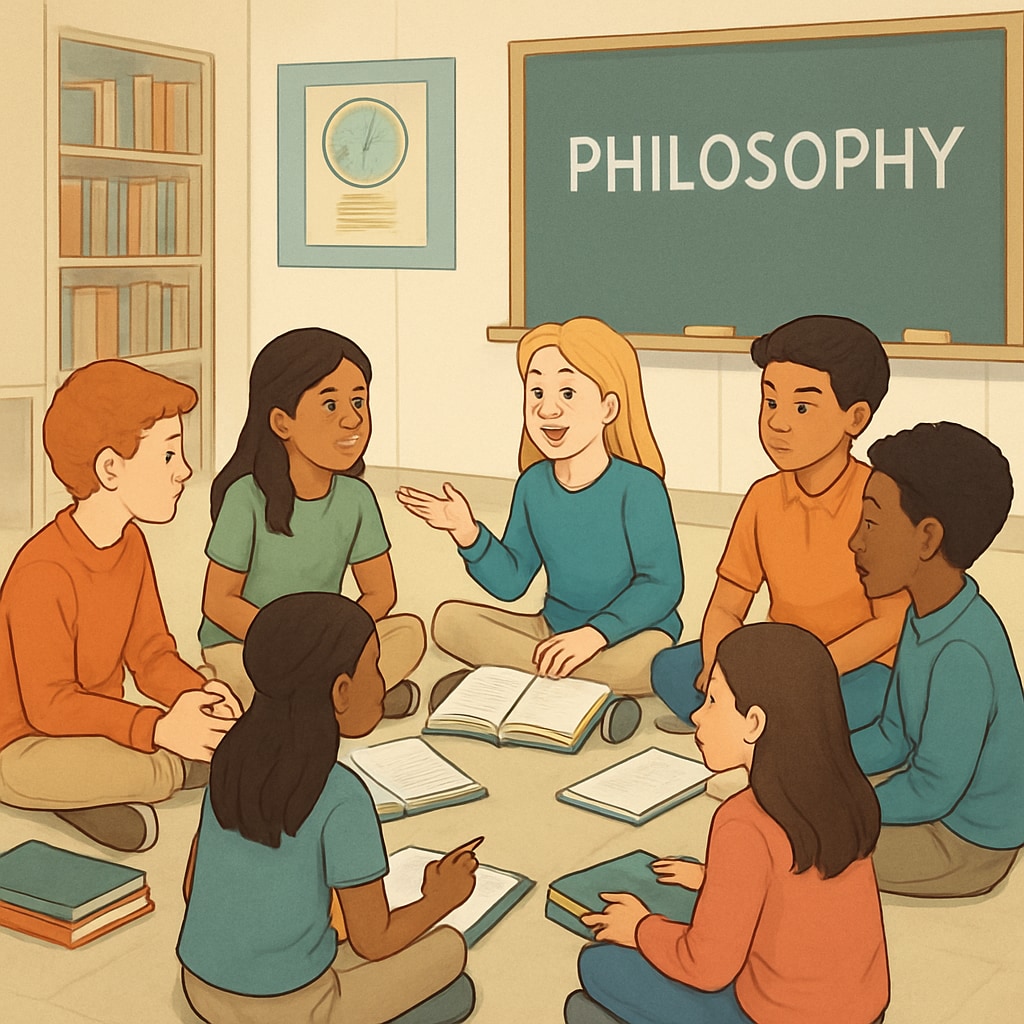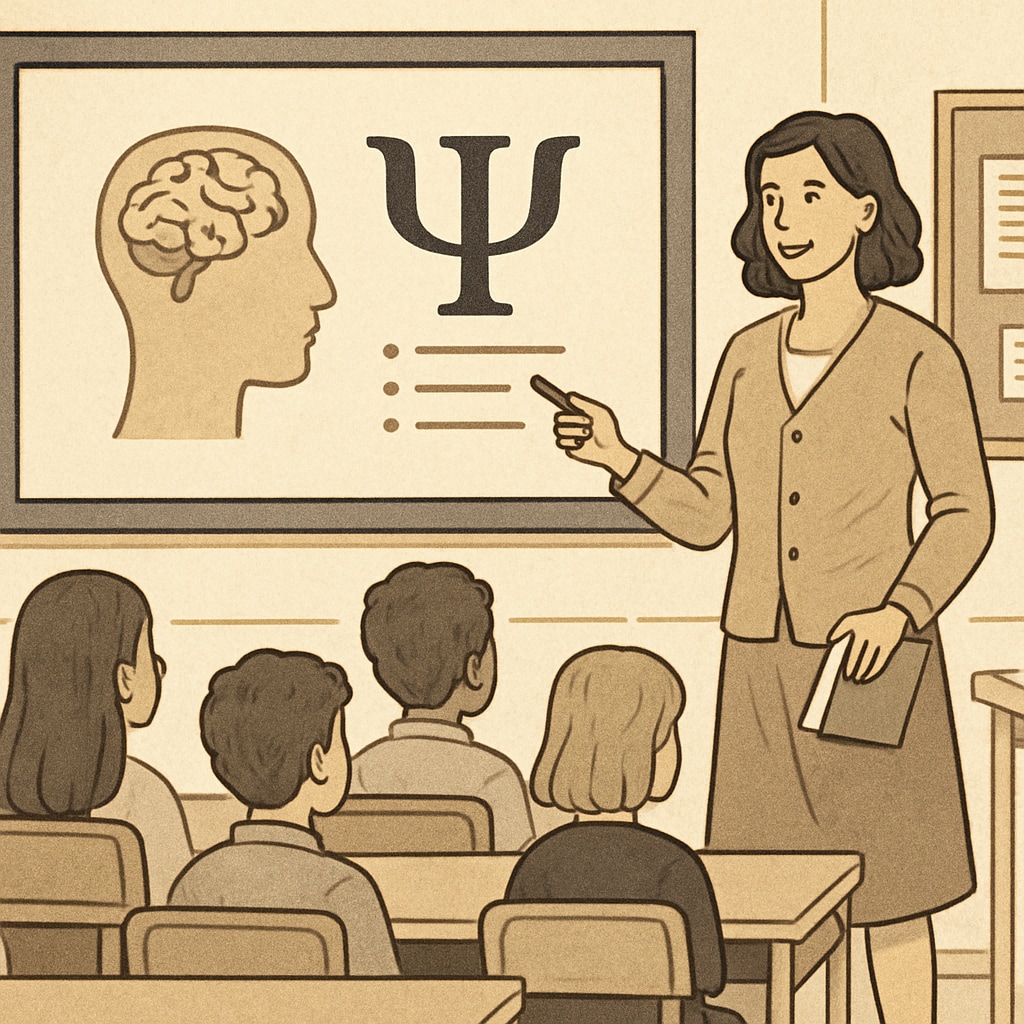Psychology, philosophy, and non-academic learning resources can play a transformative role in shaping young minds. Introducing these subjects during the K-12 years not only nurtures critical thinking but also helps students develop self-awareness and a deeper understanding of the world. While academic settings often focus on structured curricula, non-academic approaches can engage students in creative and practical ways, making these disciplines both accessible and enjoyable.
Introducing Psychology and Philosophy to Young Minds
Psychology (the study of the mind and behavior) and philosophy (the study of fundamental questions about existence, knowledge, and ethics) might seem like advanced topics for K-12 students. However, with tailored resources and age-appropriate strategies, these disciplines can become fascinating subjects even for younger learners. For young students, the focus should be on fostering curiosity, while older students can explore deeper concepts like ethical dilemmas or emotional intelligence.
Here are some ways to introduce these subjects effectively:
- Interactive Books: For younger children, books like “What Do You Do With a Problem?” by Kobi Yamada or “Philosophy for Kids” by David White offer engaging ways to explore philosophical questions and emotional awareness.
- Games and Activities: Games like “The Ungame” or role-playing debates can introduce philosophical thinking and psychological concepts in a fun, interactive way.
- Real-Life Scenarios: Discussing everyday situations, such as friendships or decision-making, can help students apply psychological and philosophical ideas to their own lives.

Non-Academic Resources for K-12 Psychology and Philosophy
Non-academic resources can make philosophy and psychology engaging and relatable for students. Unlike traditional textbooks, these resources focus on storytelling, practical experiences, and interactive learning. Here are some excellent options:
Podcasts
Podcasts are an excellent medium for auditory learners. Shows like “Brains On!” offer science-based storytelling that includes psychological insights, while “Philosophize This!” provides simplified accounts of philosophical concepts for older students.
Apps and Online Platforms
- Headspace: This app teaches mindfulness and emotional regulation, helping students understand the psychological basis of stress and relaxation.
- Socratic: Named after the philosopher Socrates, this app encourages critical thinking by answering students’ questions with guided learning paths.
Videos and Documentaries
Visual learners can benefit greatly from short videos or documentaries. For instance, YouTube channels like “CrashCourse Psychology” and “Wireless Philosophy” simplify complex topics into digestible segments.

Practical Strategies for Encouraging Exploration
Incorporating psychology and philosophy into a K-12 curriculum doesn’t require a complete overhaul of existing teaching methods. Simple, practical strategies can spark interest and encourage exploration:
- Open Discussions: Create a safe space for students to discuss their thoughts and feelings. Encourage them to ask “why” questions about their experiences and the world around them.
- Journaling: Ask students to maintain a journal where they reflect on philosophical questions or psychological concepts, such as “What makes me happy?” or “What is the right thing to do?”
- Guest Speakers: Invite professionals, such as psychologists or philosophers, to share their expertise and real-world applications of these disciplines.
By fostering curiosity and critical thinking, educators and parents can help students develop a lifelong appreciation for these fields, even outside of formal academic settings.
The Lifelong Benefits of Studying Psychology and Philosophy
Introducing psychology and philosophy early equips students with skills that extend far beyond the classroom. These disciplines help students:
- Understand themselves and others better, enhancing empathy and emotional intelligence.
- Develop critical thinking and problem-solving skills, essential for academic and personal success.
- Build resilience by exploring foundational questions about life’s purpose and challenges.
These benefits make psychology and philosophy not just subjects of academic interest but essential tools for navigating life’s complexities.
In conclusion, psychology, philosophy, and non-academic learning resources offer powerful ways to enrich K-12 education. By leveraging books, podcasts, apps, and interactive activities, educators and parents can inspire students to explore their minds and the world around them. This exploration not only fosters critical thinking but also encourages a deeper sense of self-awareness and empathy—skills that will serve them well throughout their lives.


